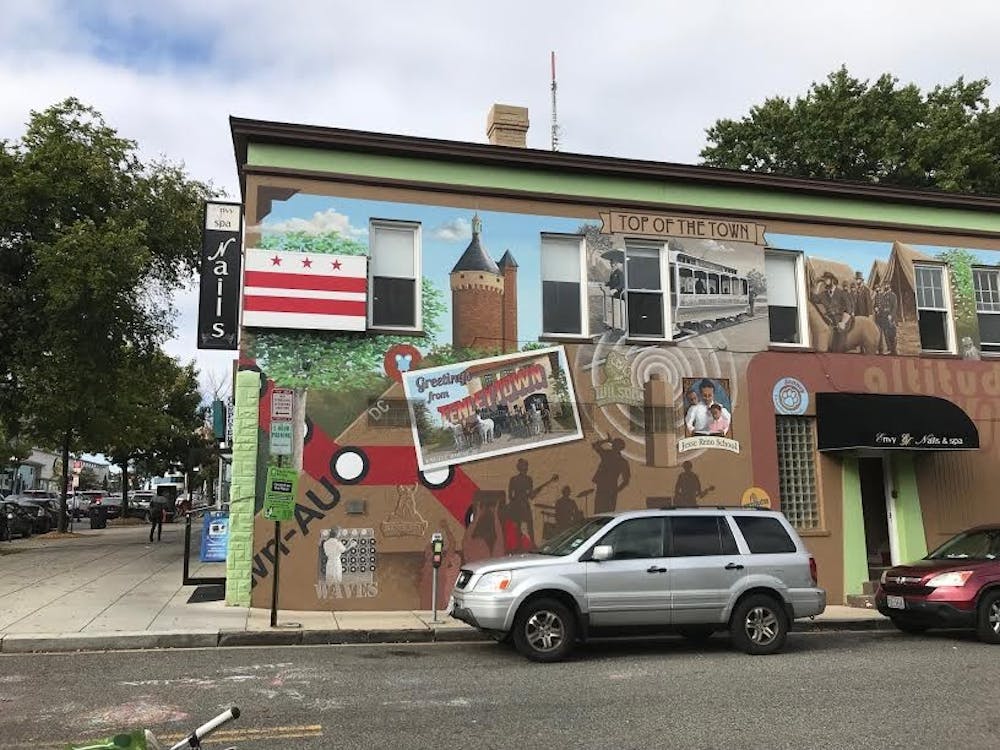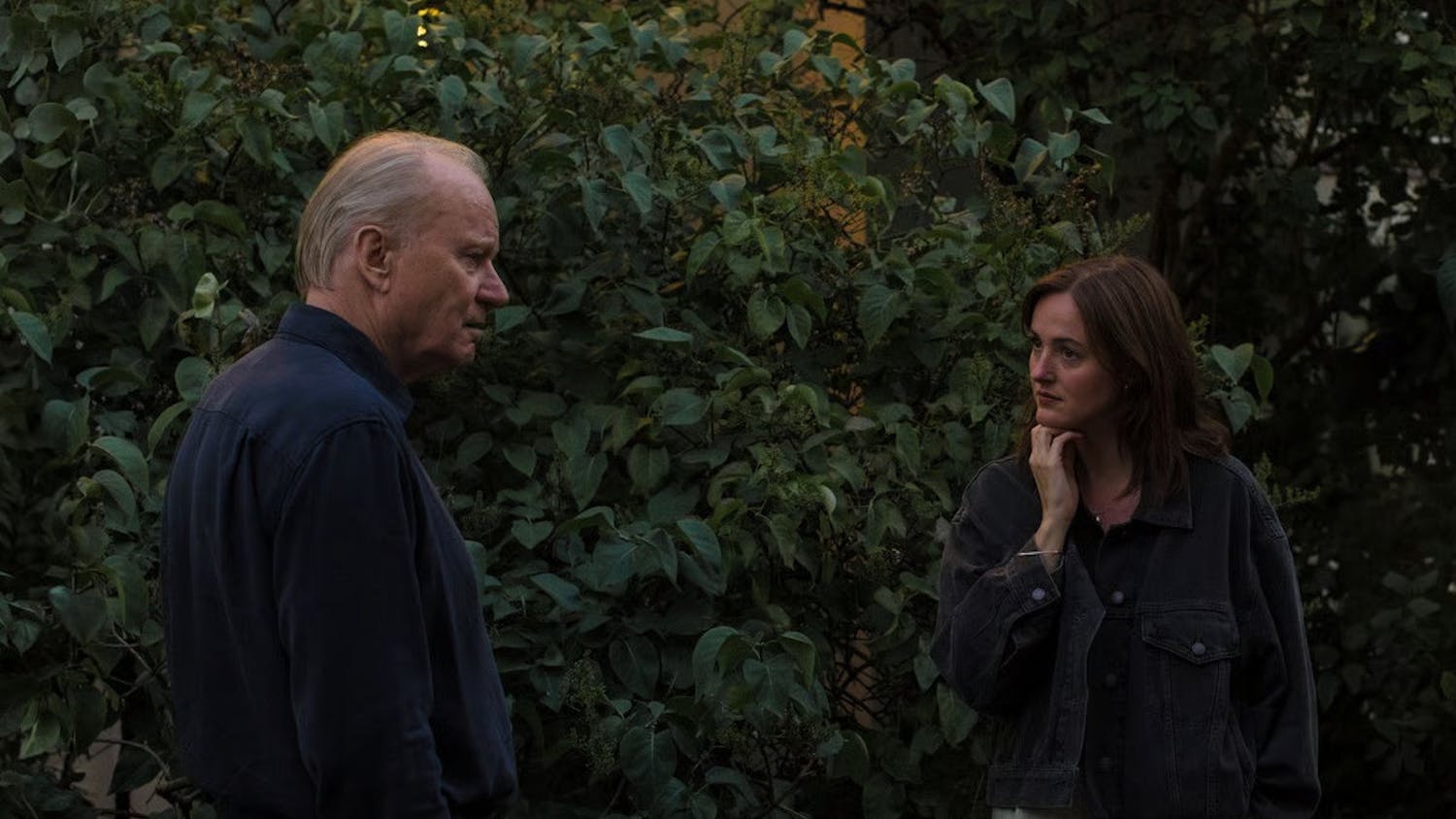Many incumbents emerged victorious in citywide primaries and progressives succeeded in council races in the D.C. primary election held on June 21. The election centered around issues such as housing and homelessness, policing and crime, education and transportation.
Although the June 21 election was the primary election, D.C. is historically a Democratic stronghold and Democratic primary winners almost always go on to win the general election.
Mayor Muriel Bowser won the Democratic nomination for mayor again, likely making her the second ever D.C. mayor to hold the office for three or more terms, with Marion Barry being the first. Bowser won 49 percent of the vote, beating out more progressive challengers such as Robert White, who trailed her by only 10,000 votes, with close to 41 percent of the vote.
In Ward 3, progressive Matthew Frumin secured the nomination for the seat left open by former Councilmember Mary Cheh. In the weeks leading up to the election, several other progressive candidates strategically dropped out of the race in order to avoid splitting the progressive vote and afford Frumin the votes necessary to win against more moderate Democrat Eric Goulet.
In another open race, in Ward 5, progressive Zachary Parker, secured a win against his six competitors, winning approximately 44 percent of the vote. Brian Schwalb is set to succeed Karl Racine as D.C. attorney general, who served as the city’s first elected attorney general. Until 2015, D.C.’s mayor appointed the city’s attorney generals.
Progressive Ward 1 councilmember Brianne Nadeau retained her seat, winning 48 percent of the vote, as did Charles Allen who ran unopposed for the nomination in Ward 6.
Incumbents won their races across the rest of the district Eleanor Holmes Norton won 87 percent of the vote, securing the Democratic nomination for the D.C. delegate to the U.S. House of Representatives primary. Phil Mendelson held onto his position as D.C. council chair, but defeated candidate Erin Palmer only by about 8,000 votes. Anita Bonds, councilmember-at-large, won her primary, a citywide race, with a plurality of the vote.
Turnout in the election was at a decade high, at around 32 percent, approximately 130,000 of D.C.'s around 410,000 eligible voters. Primary election turnout had not been above 30 percent since 2010, when 37 percent voted. In the 2020 primary, turnout was slightly lower than this year, at 28 percent, and in 2018, only 19 percent of eligible voters turned out to polls.
According to the D.C. Board of Elections website, two thirds of votes were cast via mail-in or special ballot. Election board spokesman Nick Jacobs told the Washington Post that about 30,000 ballots were submitted via drop box or mail on Tuesday alone, and the board was “stunned at the magnitude.”
Few Republicans ran in the primaries, however, those who did, such as David Krucoff in Ward 3, or Giuseppe Niosi for the at-large seat, were virtually unopposed and will face their Democratic opponents in the general election this November.
This story has been updated to include the most up-to-date numbers of votes from the D.C. primary election.





